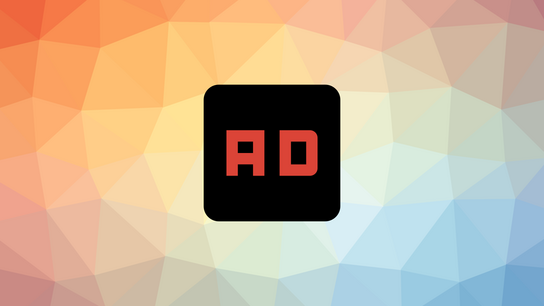Google has granted itself the ability to take away advertising as a revenue stream for websites that don’t agree with its vision for how advertising on the web. I’ve no doubt that Google will achieve its stated goals of improving user experience across the web and reduce the number of people who install ad-blockers. However, should other web browsers grant Google the ability to decide which websites can and can’t make money from advertising?
Google has expanded its Google Safe Browsing fraud/malware protection service to identify a new type of threat to the web ecosystem: websites with advertisements that don’t comply with the Better Ads Standards. The Better Ads Standards is defined by the Coalition for Better Ads where Google and Microsoft are board members. Other web browser vendors, such as Alibaba Group (UC Browser), Apple (Safari), Mozilla (Firefox), and Yandex (.browser) aren’t coalition members at the .
Google Chrome will begin enforcing the Coalition’s will through automatic ad-blocking on websites identified as non-compliant by the Safe Browsing service.
Firefox, Google Chrome, and Safari have one thing in common: They all rely on the Google Safe Browsing service to help protect their users against fraud, phishing, and malware. All but the most fringe of web browsers includes a protection service like Safe Browsing.
As noted in my article on the new ad-blocker in Chrome, the public API for Google Safe Browsing doesn’t yet allow third-party programs to use the Better Ads standards compliance data. However, I expect we’ll see Google provide this to other web browsers and applications in due time.
The big question then becomes: should other web browsers allow Google to make decisions regarding which websites can be monetized with advertisements on the public web? Google have effectively granted themselves the capability to decide who makes it on the ad-funded web.
Chrome had a dominating 55 % of the global web browser market share across all devices at the end of , according to StatCounter. Google’s decisions on whether or not to block advertisements on a website will make a huge impact regardless of whether other web browsers decide to build on Safe Browsing data and build in an ad-blocking system similar to the one in Google Chrome. Google would be granted incredible powers over the ad-funded web economy if the other leading web browsers were to enforce The Coalition for Better Ads’ will through Google Safe Browsing.
Google Safe Browsing identifies websites that don’t meet the Better Ads Standards through automated tests. The decision on which websites end up having their ads blocked is ultimately up to Google. Google offer website publishers an Ad Experiences Report that identifies whether or not a publisher’s websites are on the list, and what the potential problems with the publisher’s website are.
It’s important to note here that Google already backs an advertisement industry wide self-regulatory policy which aims to block advertisement on “pirate” websites. I’m certain we’ll see strong encouragement from intellectual property rights organizations for Google to use Chrome’s new selective advertisement blocking technology to strangle ‘pirate’ websites.
If you take a stroll down that same trail of thoughts, you’ll also find scary scenarios like governments pressuring Google to block critical voices and journalism. There’s no need to outright sensor someone if you can take away their funding and ability to pay their living expenses and hosting bills.
There have been no public signals from other the web browser vendors regarding whether or not they’ll implement selective ad-blocking.
User demand for ad-blocking is growing, and it’s seriously impacting content creators that make their content available for free with ads. Some web browsers like Opera have already built-in an ad-blocker that’s off by default, but will block every advertisement on the web if enabled by the user. This is no different from installing an ad-blocking extension, and Google’s more selective ad-blocking is much better for the web. overall
I’d rather see the other web browsers implement their own selective ad-blocking to improve user experience and help the web economy. They shouldn’t defer the blocking decision Google Safe Browsing service. A web browser could allow people to optionally block advertisements per-website and collect anonymous details about which websites people choose to block. The collected data could be used to block websites with higher than usual blocking rates by default. This may not be a perfect model, but it’s preferable to seeing other web browser vendors grant Google even more control over the web platform and economy.
